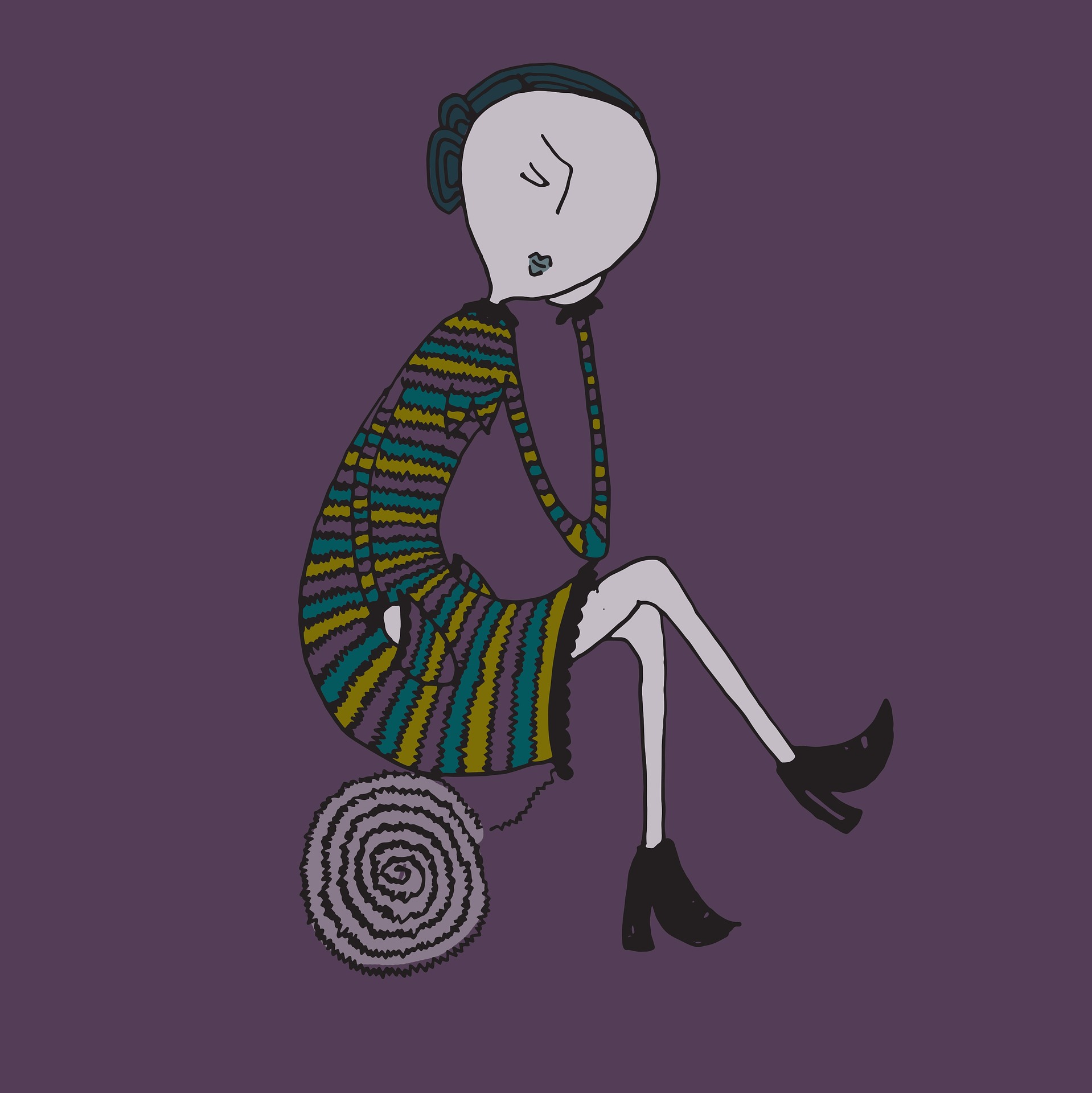
ADHD and Self-Esteem

How ADHD Affects Women's Self-Esteem
Emotional Dysregulation and Rejection Sensitivity: Women with ADHD often struggle with emotional regulation, including rejection-sensitive dysphoria (RSD). This heightened sensitivity can provoke intense emotional pain from perceived rejection or failure, leading to feelings of inadequacy and damaging self-esteem.
Late Diagnosis and Misunderstanding: The common delay in diagnosing ADHD in women leads to a prolonged misunderstanding of their behaviors. This lack of understanding can erode self-confidence, as they may internalize their struggles as personal failures rather than symptoms of ADHD.
Social and Relationship Difficulties: Understanding neurodivergent communication and behavior is not promoted in our society. A sense of difference, isolation, and difficulty maintaining close relationships can unfairly impact self-esteem.
Perfectionism and Self-Criticism: Some women develop perfectionistic tendencies to compensate for their perceived defectiveness. Additionally, as a way to cope with self-critical thoughts and a negative self-image when they inevitably fall short of these unrealistic expectations is common.

Impact of Societal Stigma and Shame: Societal stigma around ADHD contributes to feelings of shame and incompetence. Women with ADHD may feel defective, constantly believing they should be more neurotypical, exacerbating self-esteem issues.
Chronic Feelings of Overwhelm and Stress: The stress of managing ADHD symptoms, as well as hiding who they are ( masking) in order to manage societal pressures, can lead to chronic feelings of overwhelm. This state can fuel low self-esteem.
Codependency and Lack of Boundaries: Difficulty in setting boundaries, stemming from a desire to please others and fear of rejection, can lead to more stress. This may reinforce feelings of not having control over one's life, impacting self-esteem.

Strategies that Help
To enhance self-esteem, adhd women can:
-
Practice Self-Compassion: Cultivating an understanding and acceptance of the challenges of ADHD can foster a sense of self-kindness and compassion.
-
Embrace Neurodiversity: Recognize the unique aspects of ADHD as part of your identity, shifting your perspective from seeing it as a deficit to embracing it as a form of diversity.
-
Learn how to accommodate yourself and utilize your environment to support your needs.
-
Learn how to advocate for yourself, set boundaries, and effectively communicate your needs to others.
-
Discover your strengths and values, empowering yourself with a deeper understanding of what makes you unique. Success does not mean you are more neurotypical but more authentically you.
-
Gain insight into your emotions and learn to trust yourself and your instincts.
-
Learn how to set Realistic Goals and Celebrate Achievements: Acknowledge and celebrate even the smallest successes, as they contribute to building confidence and self-esteem.
-
Prioritize Physical Well-being: Ensure you prioritize sleep, rest, hydration, and nourishing yourself, as these are crucial for maintaining a regulated state of mind.
-
Build Supportive Relationships: Cultivate connections with individuals who understand and celebrate you, as they can provide essential support and acceptance on your journey.



